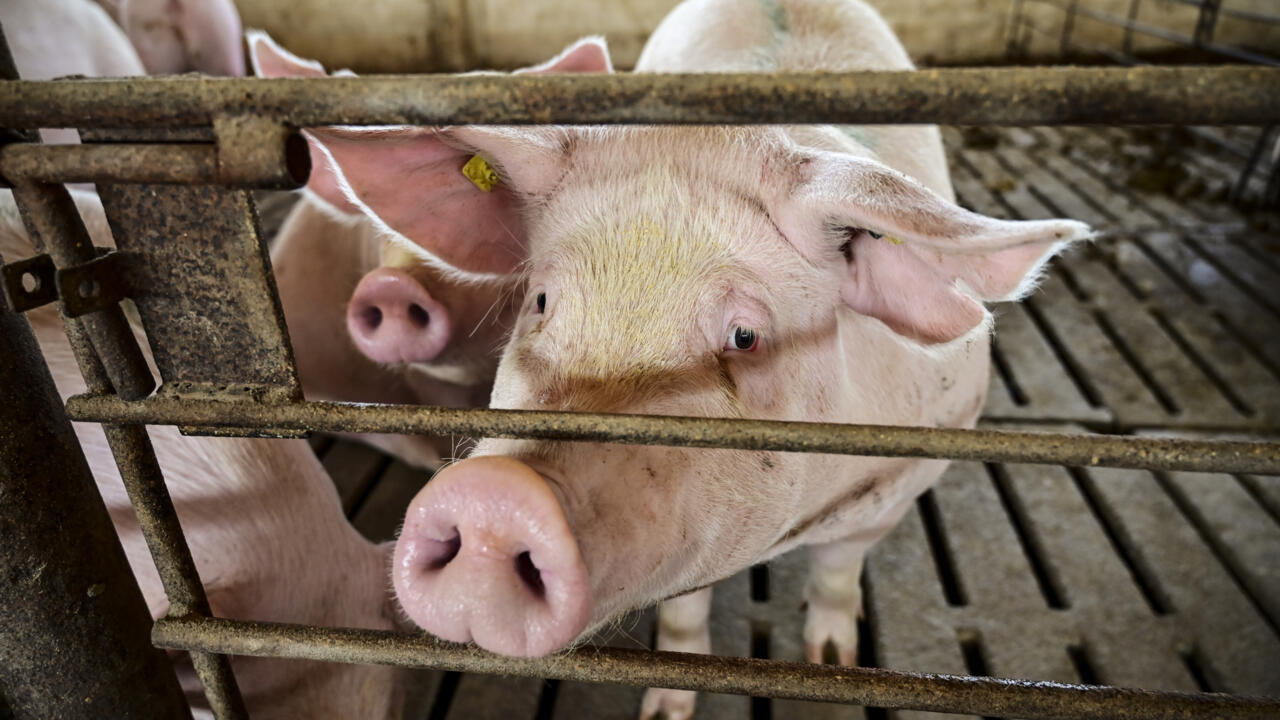
In the study, the results of which were published Thursday in the scientific journal Cell Stem Cell, researchers from the Canton Institute of Biomedical and Health Sciences focused on the kidneys because they are among the first organs to grow and are often transplanted into humans.
If researchers in the US recently succeeded in transplanting a genetically modified pig kidney, or even a heart, into humans, scientists in China have chosen another approach by trying to grow a kidney as close as possible to a human kidney.
“More organs have previously been transplanted into mice, and rat organs into mice, but previous attempts to transplant human organs into pigs were unsuccessful,” said Liangxu Lai, one of the lead authors of the study.
“Our approach has improved incorporation of human cells into recipient tissues, and allows us to grow human organs in pigs,” he adds.
For Dusko Ilic, a stem cell specialist at King’s College London, this study “describes the foundational steps for a new approach to organ bioengineering using pigs as an incubator for the growth of human organs.”
In addition to the ethical issues, there are still many challenges for this experiment to be a viable solution to the shortage of organ donors, “but nevertheless it is a wonderful strategy that deserves study and digging,” adds this specialist, who was not involved. In this Chinese study.
hereditary “prestige”.
One of the main challenges in creating such hybrids is that pig cells compete with human cells. To get around this hurdle, the Canton Institute team used a new genome-editing tool called CRISPR, which allowed them to cut DNA at a specific location.
Specifically, they cut two genes linked to kidney development in a pig embryo to create what they call a “stand.” Then they added human stem cells that are pluripotent, that is, capable of turning into any type of cell.
In all, the researchers implanted 1,820 embryos into 13 surrogate mothers and terminated their pregnancies after 25 to 28 days to see if the trial was a success.
However, five of the fetuses selected for analysis had functioning kidneys at this stage of development, and were beginning to develop a urethra that would eventually connect the kidneys to the bladder.
The researchers concluded that it was composed of between 50% and 60% of human cells.
“We discovered that by creating a niche in the pig embryo, this allows human cells to take their place normally,” said Chen Dai, co-author of the study, adding that human cells have been found in the spinal cord and brains of pigs. pigs.
Although no human cells have been found in the reproductive organs of pigs, their presence outside the kidneys, and particularly in the brain, raises ethical questions about hybrid creatures, notes Darius Federa, professor of molecular biology at the University of Reading.
“Bien que cette approche soit un nouveau jalon dans la recherche et une première tentative réussie de faire croître des organes contenant de cellules humaines dans des porcs, the percentage of cellules humaines in les reins générés ne restent encore pas très élevée”, at -he adds .
For now, the Chinese team admits that it is not ready to transplant one of these kidneys into humans, but hopes to get there one day by improving its technology.
One of the main problems is that kidneys produced in this way retain a system of vascular cells inherited from the pig, which could cause rejection if these organs are transplanted into humans.
Besides kidneys, the Canton Institute team is already working on transplanting other human organs into pigs such as the pancreas or the heart.






